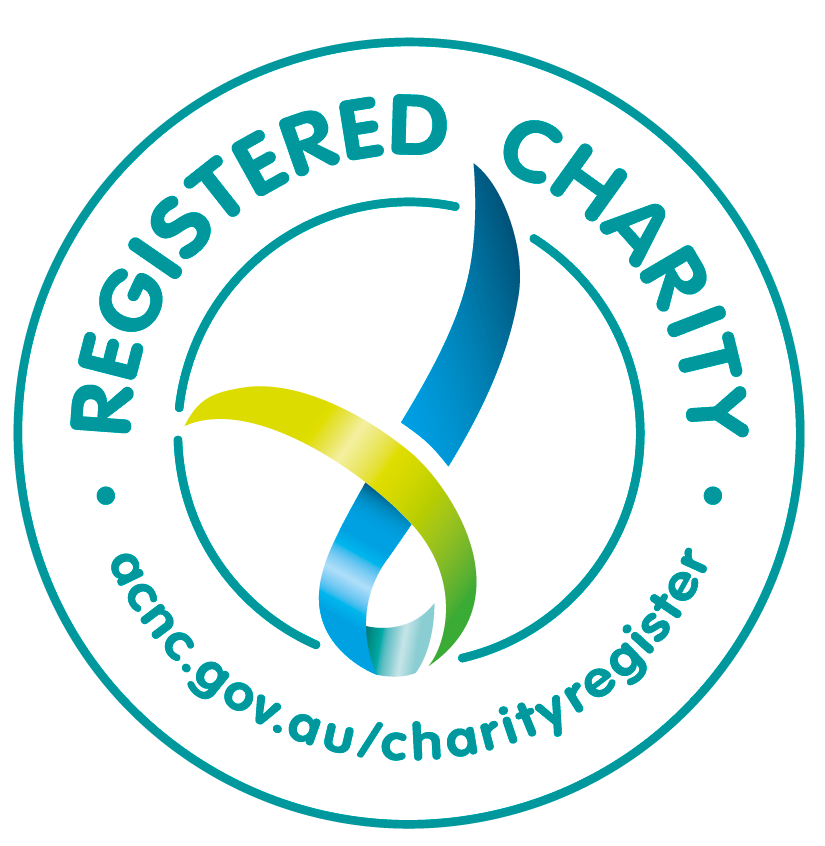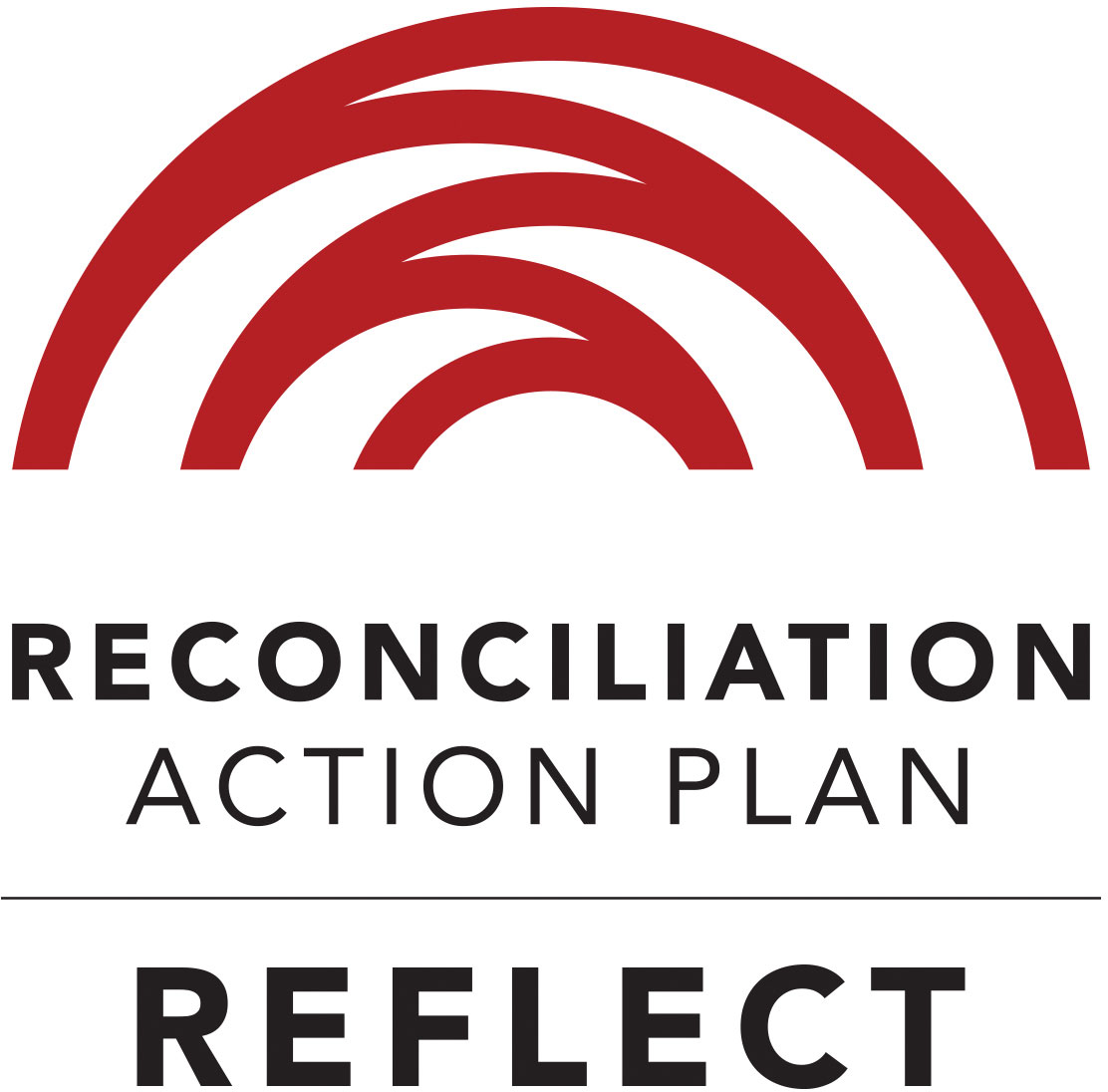More pages in this section
What is supported independent living?
Do you have an NDIS plan with funding for supported independent living?
If so, you may be wondering what this involves. selectability has compiled everything you need to know about supported independent living from how it can support you to achieve your NDIS goals, to its many other benefits. To find out more about supported independent living continue reading this guide.
What is supported independent living?
Supported independent living (SIL) provides people with access to 24/7 assistance with daily life activities. This may include help with daily tasks such as cleaning, cooking, and shopping.
This model aims to ensure those with a disability can choose where and who they live with, all while living as independently as possible. SIL also encourages capacity building and developing new skills while receiving care.
Concerning NDIS, SIL is funded by this government insurance scheme for those with higher needs. The NDIS has also ensured this support model creates flexibility for those deciding where and who to live with.
It is important to note that supported independent living does not only provide NDIS participants funding for this specific type of support. Supported independent living can be applied to those living in a home with other NDIS participants. SIL can also be provided to those living alone in their own home. The SIL provider will, however, only provide support to one person due to the person-centred approach of the model.
Chief Operating Officer, Aaron Farrell, said selectability was committed to ensuring regional Queenslanders had access to safe, secure housing with the support they need to live as independently as possible.
“selectability purchased our first SIL group home in 2020 and since that time we have been focused on opening them in areas that need them most,” said Aaron.
‘We now how dedicated homes in Cairns, Ingham, Charters Towers, Mackay and Rockhampton and we will continue to expand this across our footprint.”
What is the difference between SIL and SDA?
From reading what is supported independent living, it may sound quite like the roles of Specialist Disability Accommodation (SDA). SDA differs from SIL as it is responsible for any disability-related housing expenses that may be higher than average living costs. SIL provides funding support to help those with higher needs live independently through a 24/7 provider that creates a safe and motivating environment to achieve personal goals.
What do SIL providers do?
Supported independent living providers are responsible for helping people conduct daily living tasks, including personal care, cooking meals and medical assistance. They are also unique to each individual and are matched based on interests and personality trait to ensure the person is in the best day-to-day environment. SIL providers are also not responsible for providing funding for living and utilities bills or financial support for any shopping.
“We work with our SIL residents to ensure that the homes are suited to their needs and as safe and comfortable as possible,” said Aaron.
“Our teams support consumers to build confidence, learn the skills to live independently and work towards their NDIS goals.”
What are the benefits of SIL?
There are so many benefits of SIL for those who need it. SIL is not only about receiving care and support for everyday needs, but is based on promoting independence, growth, and inclusion within the community. Here are the key benefits of supported independent living:
- Consumers can choose to live in their own homes rather than group homes.
- The level of support mean consumers can participate fully in the community.
- It allows consumers control over where they live and who they live with.
- It gives consumers the power to make decisions for their future.
- It offers an encouraging environment to develop skills and confidence.
- It supports consumers to improve their physical and mental wellbeing.
- Support workers are matched with consumers to ensure they arewell suited to their interests and personality.
Supported independent living also has great benefits for the wider society. These include:
- Increasing social inclusion by allowing people with disabilities to participate in the community.
- Reducing dependency on other types of government support due to the promotion of independent living.
- Lowering the reliance on institutions such as group homes that are more costly and tend to negatively impact the health and wellbeing of both residents and carers.
Can SIL be self-managed?
SIL is a type of support that cannot be self-managed. Before reading further on why, knowing the type of budget that SIL falls into within a NDIS financial plan is essential.
NDIS plans can be divided into fixed and flexible budgets. Fixed budgets refer to parts of a funding plan that restricts a person from allocating a specific amount to a service assigned by an NDIS coordinator. Fixed budgets may also require NDIS to pay directly for the service rather than through an NDIS participant. A flexible budget refers to allowing a person to allocate an amount from the budget to any service that is agreed upon.
Supported independent living is part of the fixed budget, where the National Disability Insurance Agency is responsible for paying the funds directly to the SIL service provider. This means that SIL cannot be self-managed.
selectability & supported independent living
selectability are pleased to offer SIL into our NDIS service offering. Is one of your goals to move out of the family home and become more independent in your own home? Supported independent living can help you get there.
If you’d like to learn more about living more independently in the North Queensland community, get in touch with selectability to speak to one of our team members today.
USEFUL LINKS





selectability acknowledges the Traditional Owners of the land on which we provide services and pay our respects to Elders past, present and emerging. We acknowledge those with lived experience and those who support and partner with us to improve mental wellbeing and prevent suicide across regional Queensland.

